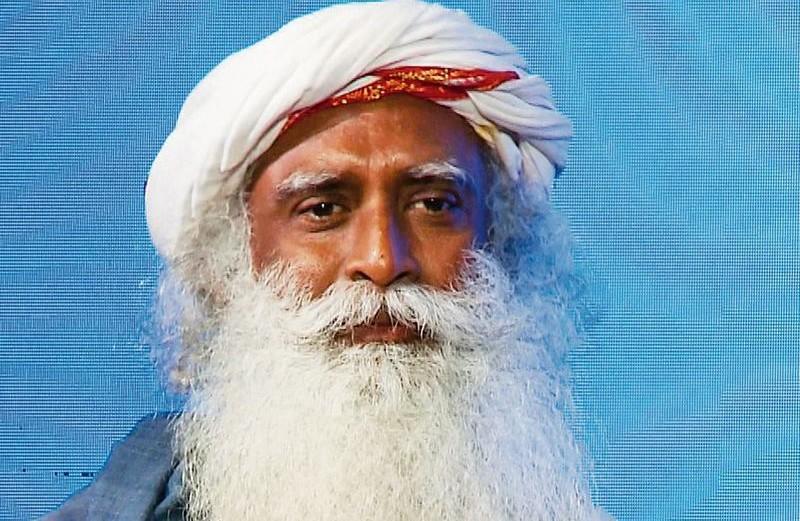
Sadhguru Moves Delhi HC to Protect Personality Rights, Prevent Misuse by AI
In a landmark move, Sadhguru Jaggi Vasudev, the founder of the Isha Foundation, has approached the Delhi High Court seeking protection of his personality rights and alleging misuse via Artificial Intelligence (AI) tools. The spiritual leader has accused various entities of selling products, including a book on pregnancy, using his name and image without his consent. Furthermore, he has alleged that his voice and speeches were being morphed to create deepfakes for commercial gain.
Sadhguru’s petition, filed through his lawyers, highlights the increasing misuse of AI technologies, which are capable of mimicking human voices, faces, and behaviors. He has sought a court injunction to prevent any further unauthorized use of his image, voice, and personality, and has also asked the court to direct the respondents to remove all existing materials that are in violation of his rights.
The spiritual leader has named several individuals and entities as respondents in his petition, including a company that has allegedly published a book on pregnancy using his image and name. He has also accused another entity of creating deepfakes of his speeches and using them for commercial purposes.
Sadhguru’s move comes at a time when AI-powered fake content is becoming increasingly common, and individuals are facing challenges in protecting their personality rights. The spiritual leader’s petition highlights the need for stronger legal safeguards to prevent the misuse of AI technologies and protect individuals’ rights.
The petition states that Sadhguru’s image and voice have been used to promote various products and services, including a book on pregnancy, without his consent. He has alleged that the respondents have also created deepfakes of his speeches, which are being used to create the illusion that he has endorsed certain products or services.
Sadhguru’s lawyers have argued that the respondents’ actions have caused him irreparable harm and have damaged his reputation. They have also argued that the respondents’ actions are in violation of Sadhguru’s personality rights, which are protected under the Indian Constitution.
The petition has sought a court direction to the respondents to remove all existing materials that are in violation of Sadhguru’s rights. It has also sought a court injunction to prevent any further unauthorized use of his image, voice, and personality.
The case is significant not only because it highlights the need for stronger legal safeguards to protect personality rights but also because it raises questions about the accountability of individuals and entities that use AI technologies to create fake content.
In recent years, there have been several instances of AI-powered fake content being used to manipulate public opinion and influence elections. The use of deepfakes, in particular, has raised concerns about the integrity of the digital media landscape.
Sadhguru’s petition is a reminder that individuals have a right to protect their personality and reputation, and that the increasing use of AI technologies should not be allowed to erode those rights. The case is likely to have significant implications for the use of AI technologies in the future, and it could pave the way for stronger legal safeguards to protect individuals’ rights.
In conclusion, Sadhguru’s move to the Delhi High Court is a significant development that highlights the need for stronger legal safeguards to protect personality rights. The case is a reminder that individuals have a right to protect their personality and reputation, and that the increasing use of AI technologies should not be allowed to erode those rights.






